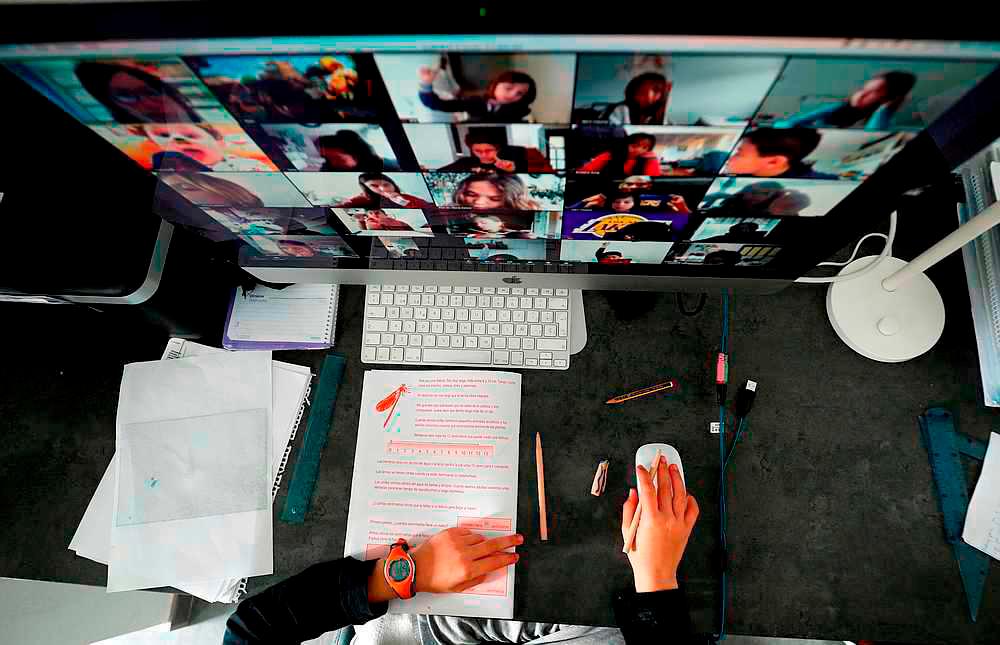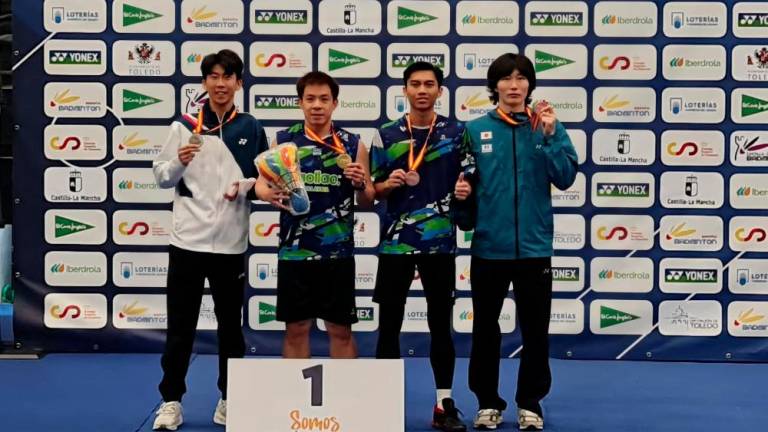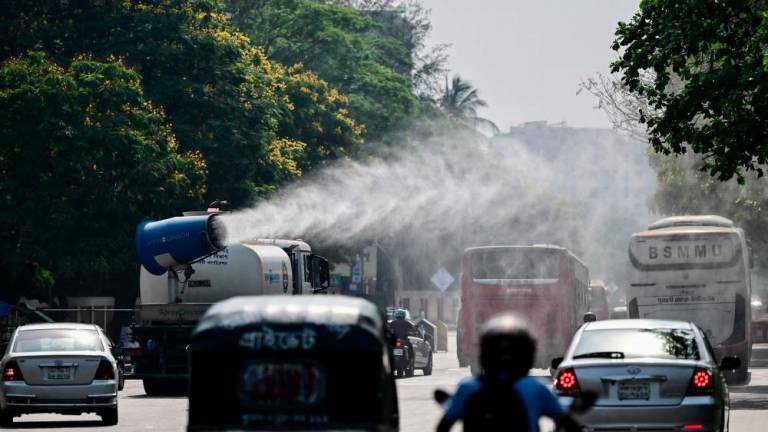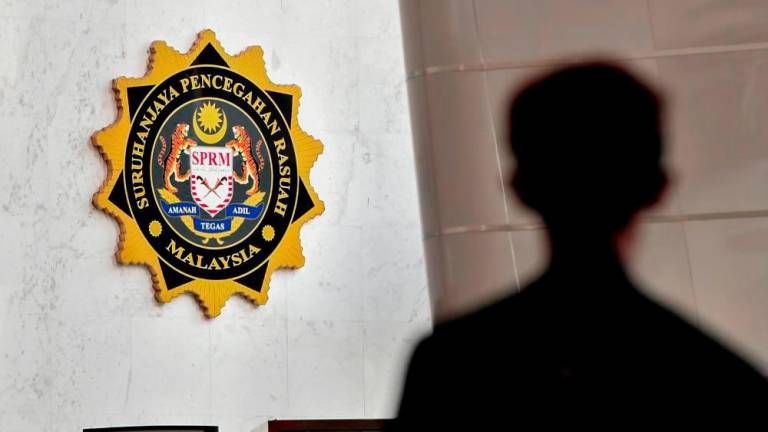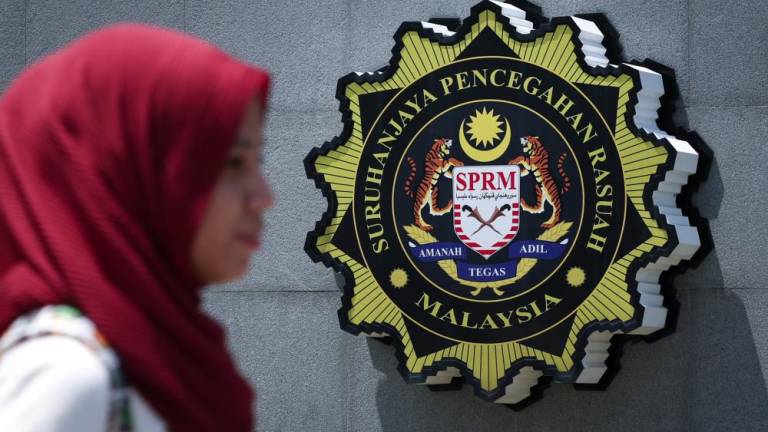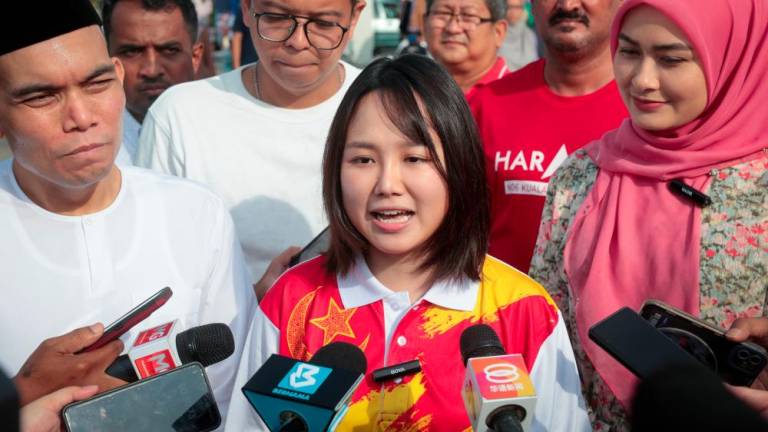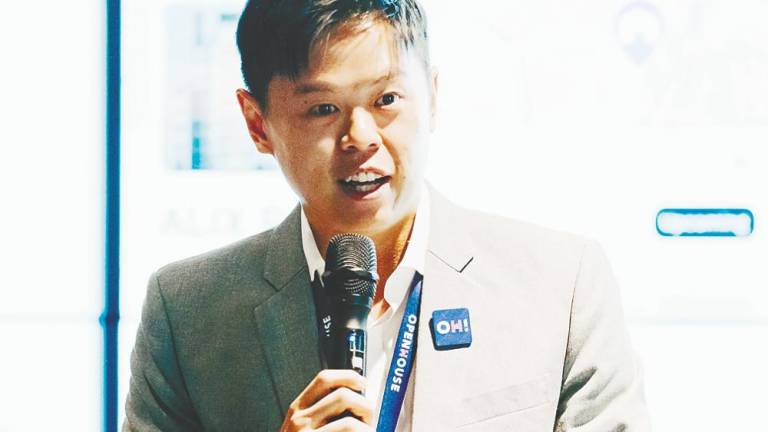WE live in an increasingly connected world where our lives and futures are shaped by online interactions, and the media and technological advances have dramatically changed our existence.
While new technologies provide us with a range of opportunities and benefits, such as easy access to information, social connectivity and the ability to create and share content, it is important to continually evaluate and choose the type of information we engage with.
The digital and media landscape has continued to change rapidly. The current landscape has revolutionised the way we read news and retrieve information. It has become a global means of daily communication. According to the International Telecommunications Union, 71% of the world’s youth are now online. As of July 2021, the internet reaches 65% of the world’s population and now represents 5.17 billion people. Every day, people watch more than a billion hours of video on YouTube and almost two billion use Facebook, often as a primary source of news and information about the world.
The new and social media has altered how people acquire and process information, interact with friends and strangers and buy and sell items. It has the capacity to influence human behaviour, which in turn affects health.
The new media and cyberspace in particular, allow users to have free access and exposure to uncensored content holding destructive messages. This phenomenon affects the entire world, including Malaysia and its Southeast Asian neighbours. With over 400 million people in the Southeast Asia region accessing the internet, the battle to fight fake news is understandably hard. Media activists and educators are also working frantically to teach media literacy to citizens.
While the proliferation of digital technologies has been empowering and enriching for many, it has also given way to massive disinformation, misinformation, hate speech and other forms of harmful content that are damaging to youth well-being and civic participation.
Combating false information on social media has been a challenging task for governments in several countries, including Malaysia. Educating our children on responsible media use is long overdue. The lag is expected as governments and societal institutions cannot keep up with the rapid advancement of technology.
The Covid-19 pandemic has opened the floodgates to a deluge of misinformation, inaccurate reporting and false information in our country. While the authorities, along with the Malaysian Communications and Multimedia Commission, have stepped up efforts to curb the spread of fake news, those responsible for spreading them remain undeterred.
Deputy Communications and Digital Minister Teo Nie Ching said the era of digitisation allows information to be easily manipulated by parties with malicious intent, especially information disseminated on social media. Therefore, people need to be more aware when evaluating information received before acting on it or sharing it with others.
The Kaiser Family Foundation study in 2010 reported that it is imperative for educators, including parents and teachers as well as policymakers and public groups, to consider the relationship between the media and young users.
In today’s media- and digitally-mediated cultures, media literacy is seen as a fundamental skill for all individuals. Media literacy is more than just acquiring knowledge and producing communication materials for consumption. It refers to the ability to understand, use and create media content in a range of contexts.
Media literacy empowers people to actively participate in society. Today, media literacy has become essential for society to participate as a citizen. Proficiency in all aspects of media literacy is a valuable asset in contemporary societies and economies.
Unicef (United Nations Children’s Fund) Innocenti’s Global Kids Online research (2020) revealed that up to three quarters of young people lack confidence in their ability to authenticate online information.
Media literacy competencies help us better understand the messages we receive. It emphasises critical thinking skills that enable consumers to judge media content independently. Media-literate children and youth are better able to understand media content and are aware of its influence.
Teaching citizens in Malaysia to critically evaluate information and media content and participate actively in societal issues can be challenging for educators.
Digital transformation can help improve the learning experience for both students and teachers but at the same time, it can cause disruption.
Today, teachers are responsible for not only transferring knowledge but also empowering students with critical evaluation skills, such as information verification, source credibility assessment and responsible use of social media.
Every nation and educational institution must do their part to develop critical thinkers, who can traverse the information flow of today, check sources, tell fact from fiction and counter hate speech.
Teachers need to continue teaching about biased reporting and learn to find ways to gather evidence in the classroom through accurate data, not subjective opinions. This will help students become more independent.
However, media literacy is not officially integrated into the school system in Malaysia. The call for integrating media literacy into public education is decades old. There are several ways of doing this – by incorporating projects concentrating on media literacy across various courses, schools can adopt an interdisciplinary approach to fostering media literacy in students.
Teachers play a crucial role in equipping students with the necessary skills to become both critical consumers and informed producers of media in today’s society. But they must first be informed and educated about media literacy before they can promote critical thinking about media, develop students’ technology skills and empower youth to participate in society.
Broadening the scope of teachers’ competencies in media literacy will help to ensure that future educators have the requisite knowledge to teach students to successfully navigate the changing digital media landscape.
Wong Lai Cheng is the co-founder of Media and Information Literacy for Asean Network. She is a media and communication educator with more than 15 years of work experience in media, corporate communication and policy advocacy. Comments: letters@thesundaily.com



